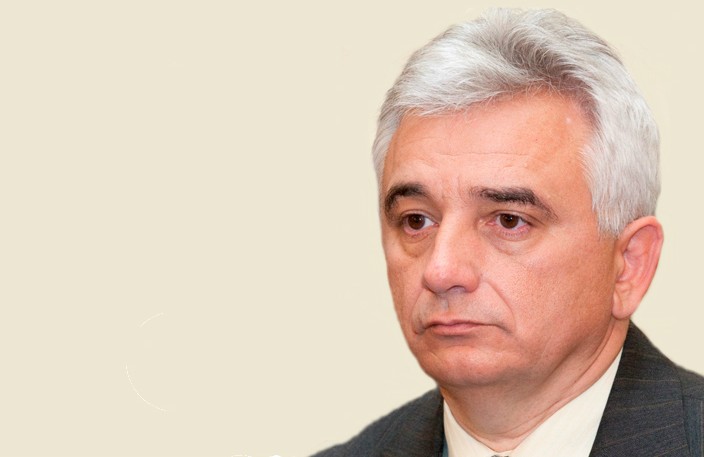In 2017, Bulgaria had advanced a lot in electrical mobility. Of course, the bigger part is below the level of visibility for ordinary people. The truth, however, is that our industry is preparing for the so-called Fourth Industrial Revolution. Our organization, with over 70 members, has also contributed. The best thing about us is that we do not go out with strategies and studies, but with specific developments that can be seen and touched.
A member of our branch structure produces charging columns - the first company in the country to enable their industrial use. By using it two electric cars can be charged at the same time in three hours. We think this is a breakthrough, as the charging column meets all the standards and technological parameters of other similar products that are produced worldwide. Our charging column can be used in a network that enables thousands of its kind to be plugged in and used simultaneously.
Electric scooters and electric bikes are already being produced in Bulgaria. Our biggest goal is to start assembling and servicing electric vehicles as well. So far, however, the Bulgarian economy cannot afford that.
At the first stage, we plan to import electric cars, electric buses and other electric vehicles. The important thing is to significantly increase this segment in our transport so that we can develop the entire infrastructure in this direction alongside them. We rely on the development of training of staff for this new industry.
Over the last 10 years, the Electric Vehicles Industrial Cluster (EVIC) has achieved an alliance of the companies active in this market. We also have over 15 Bulgarian municipalities, which are our official partners and in organizational terms, I think we have succeeded in creating a good core and a start. We have been making a lot of efforts lately in the field of education.
It is logical for this new industrial sector to need new staff, a new type and pace of training. We already have our first results - we have training centres for qualification in the professions of technician and engineer of electric vehicles. In two vocational high schools for the first time in Bulgaria - in Svoge and in Gotse Delchev - this year have classes for electric vehicles studies. In two higher education institutions - at the University of Transport and at the Angel Kunchev University in Rousse, teachers are already being trained for these specialties. We believe that this model will contribute to speeding up the opportunities for more and more Bulgarians to enter this new industry.
------------
Ivan Kostov, Secretary General of the Electric Vehicles Industrial Cluster (EVIC)






